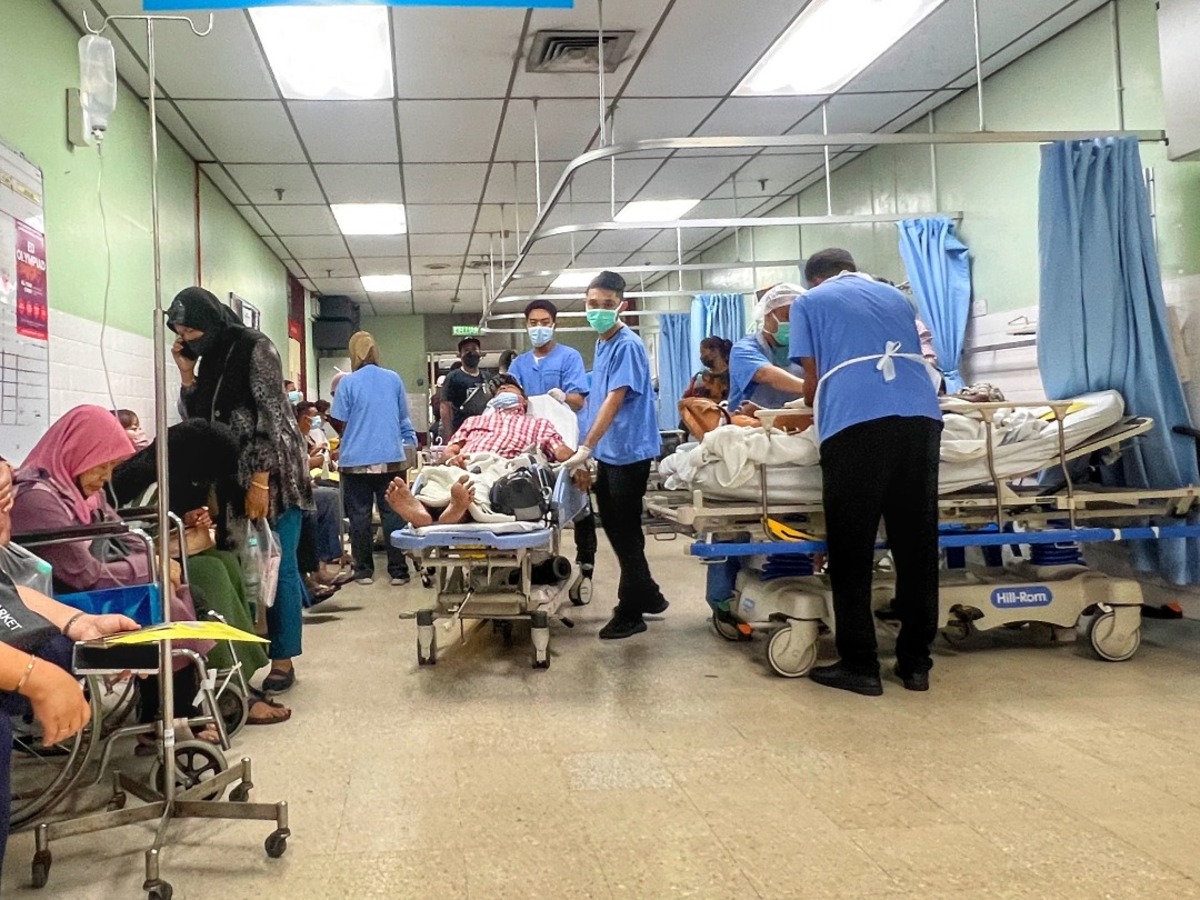As a first-year anesthesiology Master’s trainee, I read the CodeBlue article “The Unspoken Reality Of Long Waiting Times In Public Hospitals” with a mix of concern and empathy.
Despite long waiting times and systemic problems in our health care system, I think that blaming an entire group of junior doctors is very detrimental in the search for solutions.
To generalise an entire generation based on anecdotes is rather shallow. Like how a handful of bad apples does not draw a complete picture of senior doctors, evaluating all junior doctors based on their individual shortcomings is pointless.
Our health care system survives on the collective efforts of experienced seniors and energetic juniors.
Instead of fostering cynicism, let’s address the valid concerns raised in the article through constructive dialogue and concrete action. Long wait times are a complex issue with multiple contributing factors, including:
- Systemic constraints: Staff shortages, lack of appropriate infrastructure, and red tape often hamper efficiency.
- Burnout and Workload: Junior and senior doctors are often overburdened by heavy workloads and lack of support, which affects their capacity to deliver the best possible care.
- Training Gaps: Concerns regarding housemanship training and mentorship opportunities need to be addressed to equip young doctors with the necessary skills and confidence.
Instead of playing the blame game, let’s find some solutions to this problem:
- Invest in Health Care: Bigger investments for staff, infrastructure, and also technology can reduce the pressure points and enhance the efficacy.
- Revamp Housemanship Training: Training and mentorship programmes, which can be used to bridge the skills gaps, will empower junior doctors.
- Foster Collaboration: Open communication lines, senior management backing, and clearly established protocols can all help to improve the decision-making and patient care.
The problems of our health care system are very real. However, they won’t be solved by only blaming and generalising.
Let’s go beyond the blame game and work together — senior doctors, young professionals, and also policymakers and the public.
Dr Muhammad Yassin is a junior doctor and health care reforms advocate.
- This is the personal opinion of the writer or publication and does not necessarily represent the views of CodeBlue.






